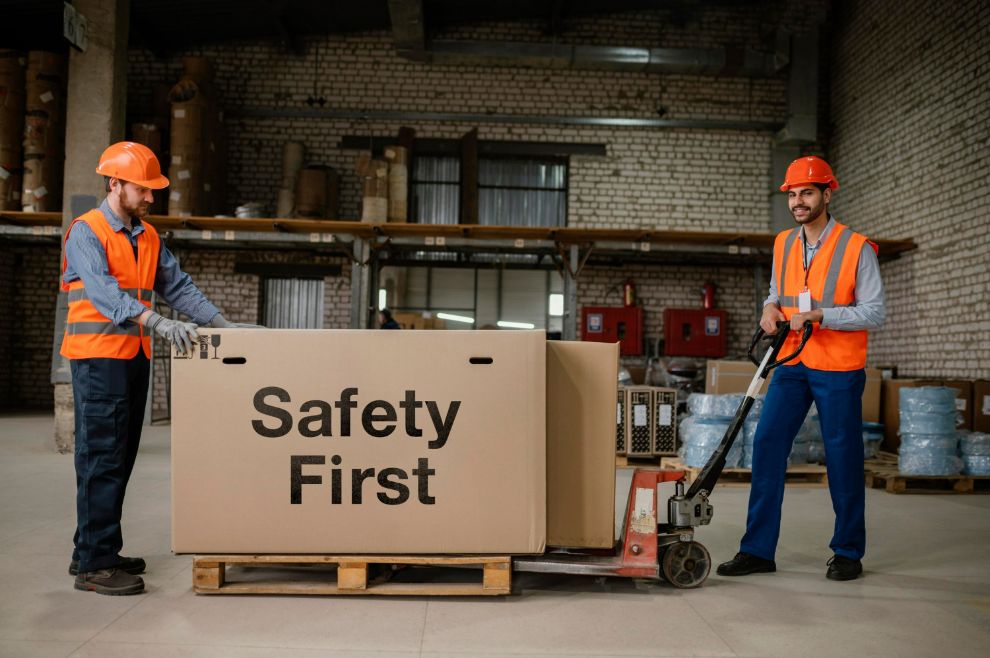
Noblelift names exclusive dealer for Saudi Arabia
Bakheet Machinery, a material handling equipment distributor, has recently been named as Noblelift Intelligent Equipment’s exclusive dealer for the Kingdom of Saudi Arabia. Noblelift is a leading global manufacturer and service provider specializing in material handling equipment and logistics solutions.
The company says the dealership agreement is an important step in strengthening the company’s presence in the Saudi market will include internal combustion engine (ICE) forklifts, lithium-powered solutions and smart technologies for warehouse management. “The collaboration aligns with the objectives of Saudi Vision 2030, supporting industrial development, enhancing supply chain efficiency, and promoting environmental sustainability,” states a Noblelift source.

Saudi Vision 2030 is a government plan to diversify the country’s economy and reduce its dependence on oil, by developing public sectors and infrastructure. Bakheet Machinery was founded more than 50 years ago in Saudi Arabia and now also has operations in Riyadh, Abha, Jeddah, and Dammam.
Noblelift offers a wide range of forklifts designed to meet diverse industrial needs, from warehouse operations to outdoor logistics.
Forklifts play a vital role in various industries by improving the efficiency of material handling and transportation. Their ability to lift and move heavy loads safely makes them indispensable in warehouses, construction sites, manufacturing plants, and more. Understanding the different types of forklifts and their specific applications can help businesses choose the right equipment for their needs.

Safety matters
Working with forklifts requires a strong focus on safety, training, and operational awareness. Whether you’re an operator, supervisor, or safety manager. We bring you the details.
- Certification: Operators must be trained and certified.
- Daily inspections: Check brakes, tires, forks, and hydraulics before use.
- Load limits: Never exceed the forklift’s rated capacity.
- Visibility: Maintain 360° awareness and use mirrors or spotters.
- Speed control: Drive slowly, especially around corners and pedestrians.
- No passengers: Forklifts are not designed to carry extra riders.
- Safe parking: Lower forks, set brake, and turn off engine when parked.
Common hazards
- Operator error: Often due to poor training or fatigue.
- Poor visibility: Can lead to collisions or pedestrian injuries.
- Unstable loads: Improper stacking or overloading can cause tipping.
- Environmental risks: Wet floors, uneven surfaces, or poor lighting.
Best practices
- Pre-operational checks: Inspect equipment before each shift.
- Pedestrian safety: Use warning signals and maintain safe distances.
- Clear pathways: Keep aisles free of clutter and clearly marked.
- Emergency preparedness: Know evacuation routes and first aid procedures.
Training and compliance
- OSHA standards: In many regions, forklift operation is regulated by workplace safety laws.
- Refresher courses: Regular training updates help maintain safety awareness.
- Record keeping: Document inspections, incidents, and certifications.






